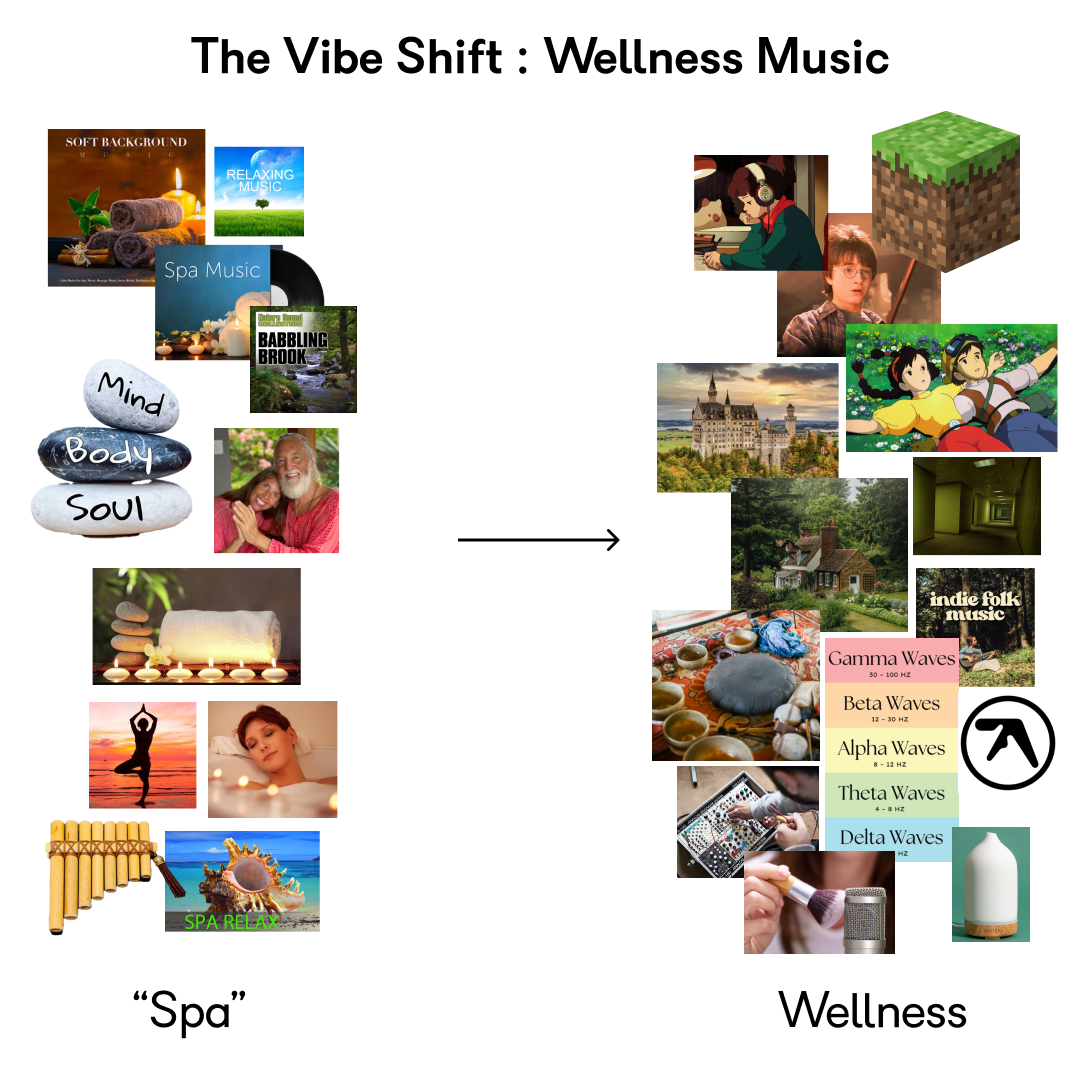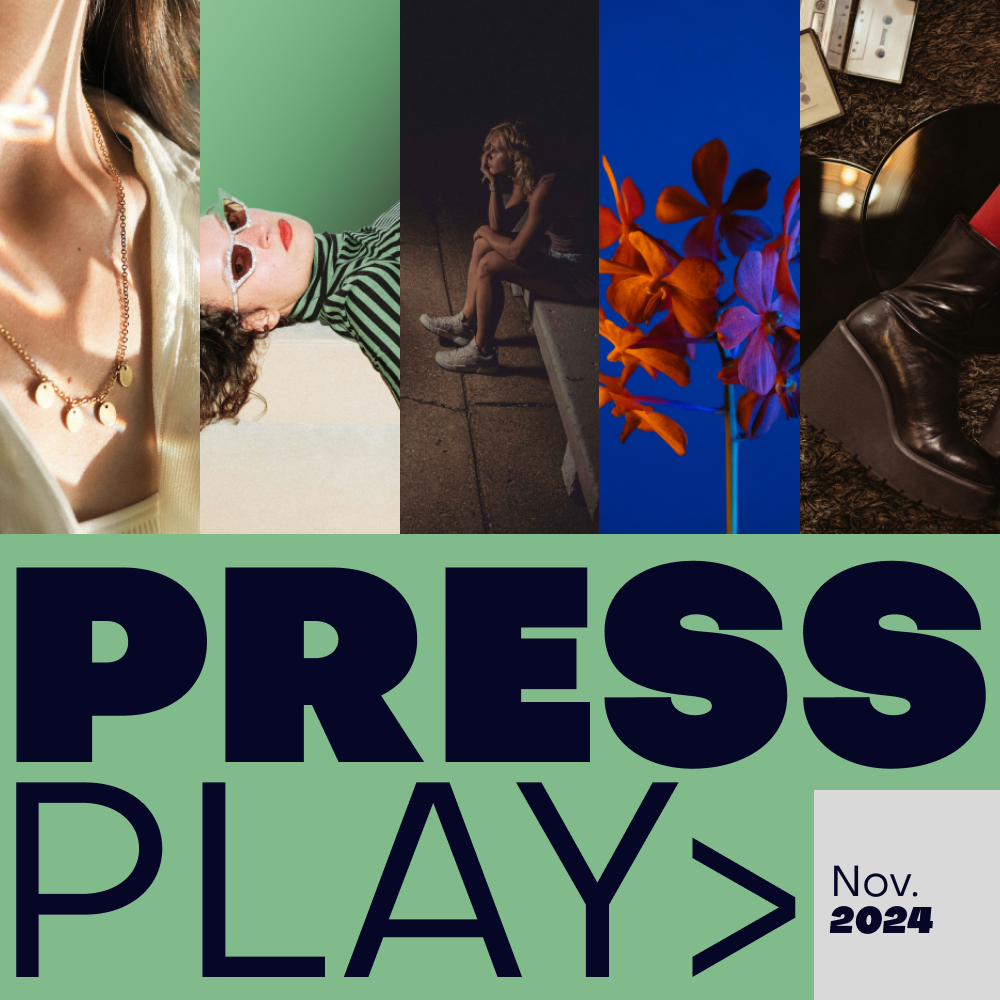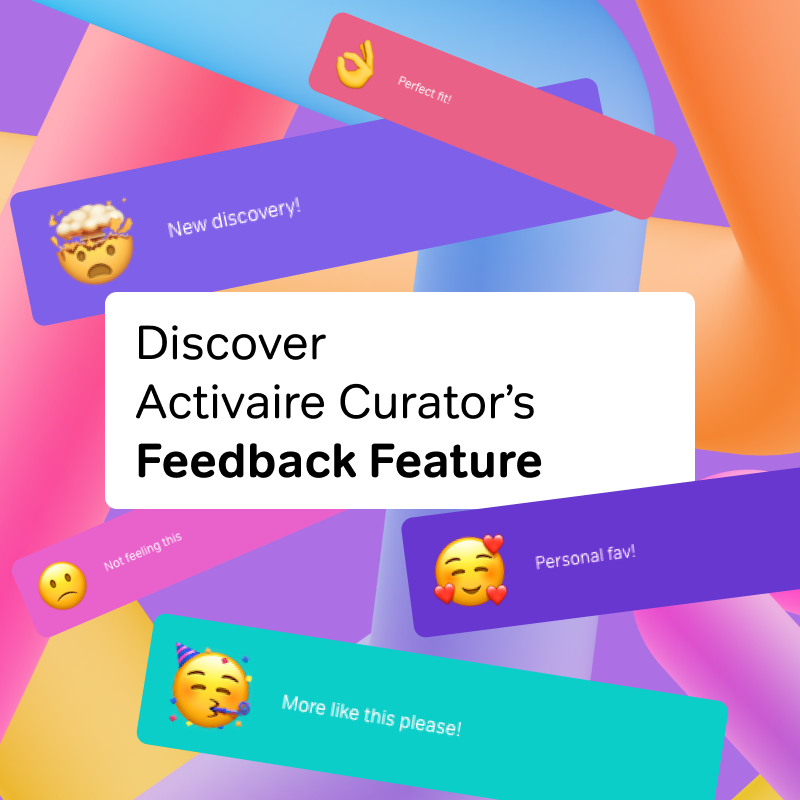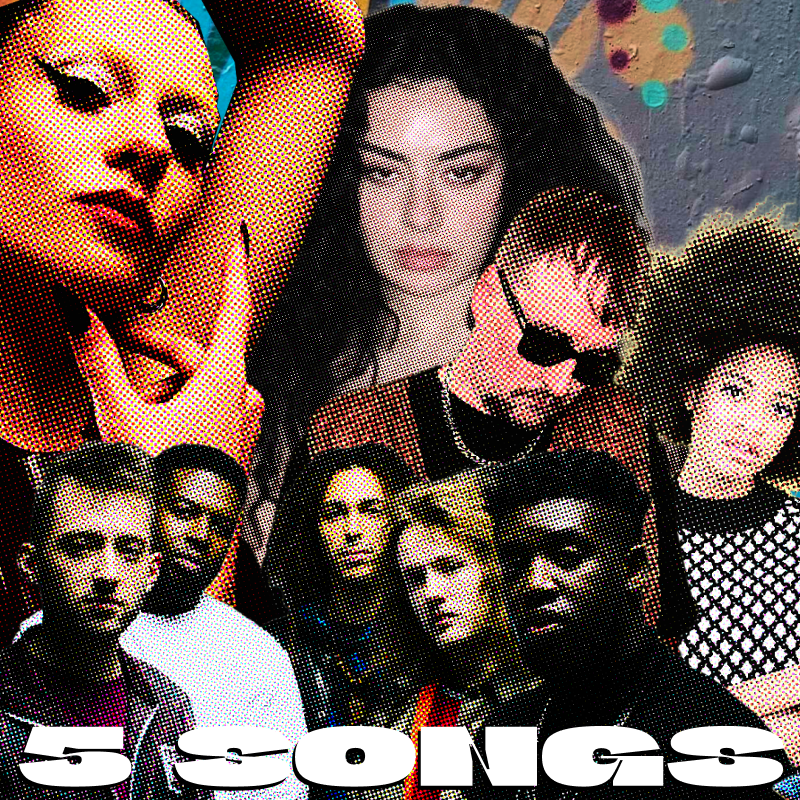5 WAYS TO UPGRADE YOUR HOTEL MUSIC EXPERIENCE
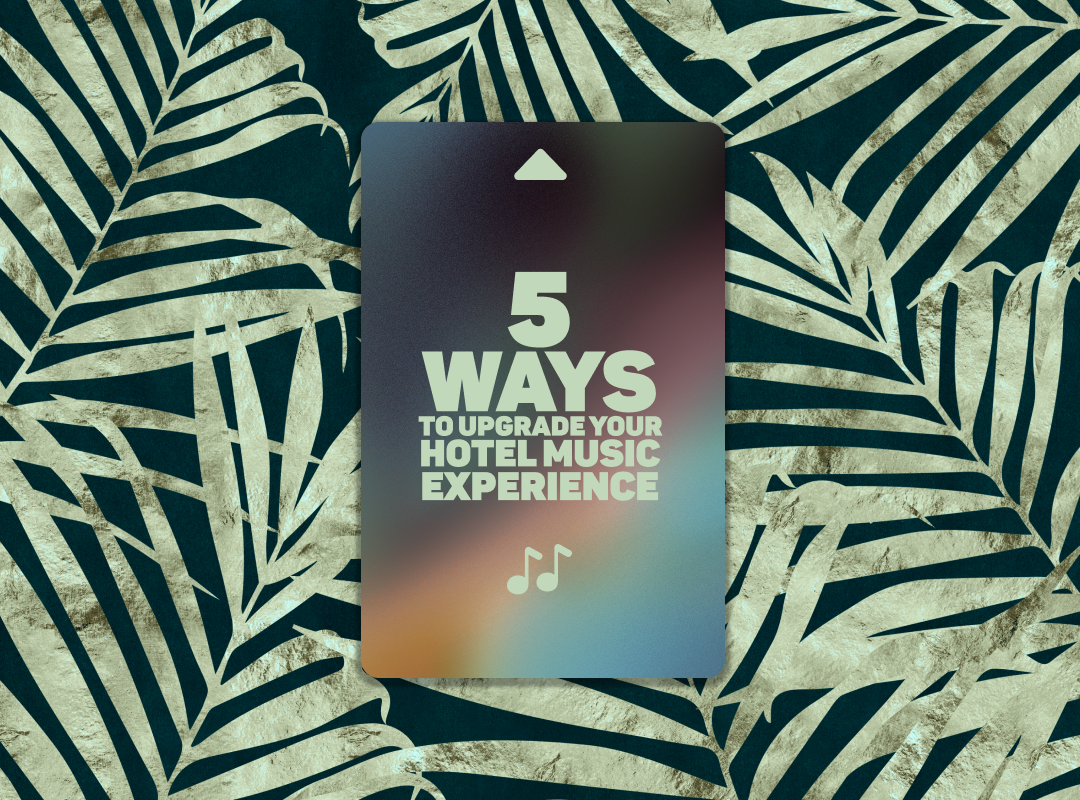
We’ve all had that magical feeling of stepping into an airconditioned hotel lobby on a hot summer day. The lighting is cozy, the air smells like success, and smiling faces greet you. One thing that can break this spell is music issues. Problems with music in hotels can easily chip away at a five-star review.
Guests book with you because of your location, rates, amenities, and brand image. Based on your brand image, your guests will arrive with set expectations; often, that expectation is that you wow them. Your guests are counting on you to be the experts. You provide the most comfortable beds, exquisite food, cutting-edge workout equipment, etc. Music is no different; they expect you to have the best tunes.
Here are five ways to upgrade your hotel music program and get those five stars.
Get your hotel music in sync.
Each guest has different expectations of the music they might hear in your spaces. It’s important to consider that your guests may not listen to the music they expect in their personal lives, and they may not know the names of artists or songs, but they’ll know it when they hear it. For example, you may never listen to Jazz but would be disappointed if you went to New Orleans and only heard Classical Music, and what’s Seattle without a little grunge? Is it really a trendy boutique hotel in New York City if they’re playing the same music you hear in the local bar back home?
Suppose your music is out of sync with your brand values. In that case, you can upgrade by working with a music curation expert with a vast understanding of music trends, genres, and music history that will consider your brand, location, local culture, guest demographics, and aspirations.
Tailor the music for your location.
The next step beyond setting the overall music scene is to create unique musical experiences for each zone in your hotel based on your brand’s core values. Is your hotel fun and trendy? Is it sophisticated and elegant? Is your lobby scene quiet for business meetings, or are families gathering while they get ready for their day out?
Program music specifically for the types of activities that take place in each zone, but make sure the overall tone is in line with your brand. Schedule the music so the tempo complements the pace and density of the guests at that given time. You should also be able to change the music’s vibe on-demand to adjust for impromptu gatherings and events.
Control the pace.
While selecting the right style of music to play is critical, it’s also as important to ensure that the tempo matches the mood of your spaces. Slower beats and relaxing vibes help ease your guests into the day as they emerge for breakfast. As the day progresses, increase the tempo and add to the excitement of the day ahead.
Check-in time can be hectic and frustrating for tired guests; use soothing music to guide them through the process. Slower tempos also encourage guests to stay longer and spend more, so in the case of a bar or restaurant, try slower-tempo genres that retain an upbeat vibe. Later in the evening, elevating the tempo will create a festive atmosphere.
Fitness centers can also utilize varied tempos depending on the type of exercise. If your fitness center focuses on cardio, maintain a high tempo, somewhere between 120 – 140 BPM, if your guest’s average age is around 40. For strength training, 130 – 150 BPM is comfortable, but it’s important to note that half-time tempos are also great. Hip Hop and Rock at 70 – 90 BPM is great for lifting as long as the song’s vibe motivates you to feel the burn. Yoga and low-intensity activities are best with music at 60 – 90 BPM, but the vibe of this music must also be relaxing and ethereal.

Manage your volume, noise, and silence.
When we hear music, blocking out distracting sounds like nearby conversations and the clinking sounds of dinner service is easy. Without music, the background noise becomes just that, noise. Use music to control the auditory experience in your hotel. Be mindful of the volume levels, as music that is too loud will only contribute to the feeling of noise but music that is too low can sound like an annoying insect buzzing in your ear.
Silence is never an option if you are having an issue with the music in your hotel. It may seem counterintuitive, but silence can be very uncomfortable. When you are in a silent space, you become hyper-aware of the sounds you make, and no one wants to make their guests feel self-conscious. While quiet spaces can feel comforting and warm, silent spaces can feel cold and unsafe. You can create quiet spaces with the right type of relaxing and calm music.
Volume levels need to relate to the activity and guest density of the space. These parameters change throughout the day, so it’s important that your music system can schedule volume level changes. Like tempo, loud music in the morning can be jarring for guests, and quiet music in the bar can be equally annoying.
A simple way to look at it is that anything over 106 dB is too loud and generally unsafe for prolonged listening. Rock concerts can often go above 130 dB. 50 dB is the level of a quiet conversation or a rain shower. It’s easy to drown out sounds that are at 50 dB. 80 dB is the average decibel level of a busy public space like your restaurant during service.
It’s important also to understand that the loudness of music has evolved, and music recorded today is progressively louder than music recorded in previous decades. Be mindful of the genres and time periods you mix when programming your music. On average, music recorded today is 5 dB or more louder than music recorded in the 70s. While 5 dB may seem small, a change of 5 decibels is quite big. In most cases, music normalization software can remedy these jumps in volume and maintain a consistent level between songs.
Solve your technical challenges.
Technical issues can lead to problems like song repetition, no music, glitchy playback, or the wrong music being played. Song repetition can happen if your music is not being refreshed regularly or if there isn’t enough music in your program. The “Didn’t I hear that this morning” feeling can cheapen your guest experience. No music or glitchy playback can be caused by many issues ranging from problems with your sound system, issues with your music provider’s hardware, or, if you are using a service that streams music, internet outages/connectivity loss can take down your music. If the wrong music is being played, your schedule may have an issue, or your provider has gone off track.
The best way to upgrade to a better experience is to work with a trusted music service provider that is attentive to your needs regarding support and content. Having access to both technical support and music curation support is a must. Your provider needs to be able to work with your engineering, IT/AV teams to troubleshoot technical issues, and your GM, operations, and food & beverage teams need to have a direct line to your music curators.
In the case of music streaming services that go down when there’s an internet outage, it’s best to work with a provider that utilizes a content-forward method where the music is stored on the device and is not interrupted if the internet goes down.
Create a unique atmosphere.
Aim for programming music that triggers an emotional response from your guests. Positive encounters with music strengthen brand recall and build associations between your brand on the music. Hearing the song again will bring back memories of a five-star stay at your hotel.
Upgrade your hotel music experience today.
We built the Activaire Curator platform around solving these challenges for our customers. The music in your hotel should be a fun and exciting experience for your guests and your staff. We’re here to make that a reality. Learn more about our background music services for hotels and get in touch today.
